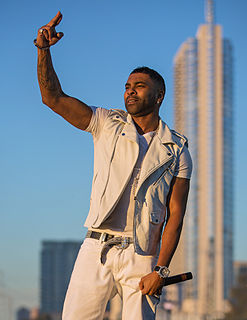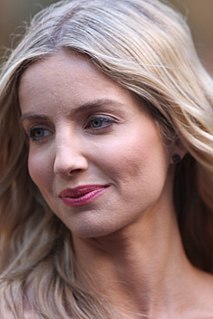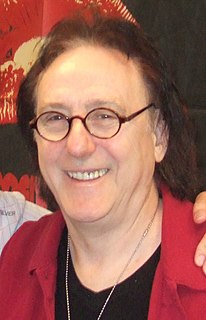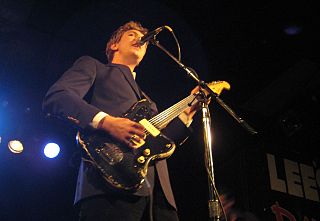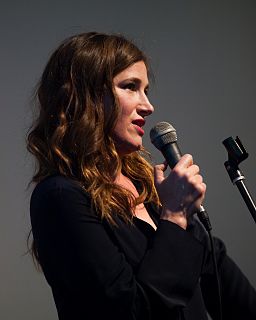A Quote by Mike Patton
The studio is my main compositional tool. And I used to be horrible in the studio. I didn't know any kind of technical stuff. But when you have something in your head, you've gotta figure out a way of executing it.
Related Quotes
All I ever hoped for was freedom of choice and to not have to just do work because I needed to pay the bills. If you can, weave your way into a studio in a situation where it's supportive of the other work you wanna do. Also, there is caliber and weight in studio films, and I think the ideal is to get that balance right: Do a studio film, go away and do something that is smaller.
If I have a song that I feel is really one of my best songs, I like it to have a formal studio recording because I believe that something being officially released on a studio record gives it a certain authority that it doesn't quite have if it comes out on a live album or is just a part of your show, you know.
If you end up spending more time in the studio than you do on the road, that's not a good balance for me. Because I think when you're in the studio, you need to come off the road and go in the studio and that's when you're applying your best. That's when you've got the best attitude, best energy, all that stuff.
The funny thing is that the studio that we recorded in was the same studio that Frank Sinatra and Bing Crosby and Nat King Cole used to warm up their voices in before they went across the street to CBS Radio. The owner has preserved it exactly the way it was in 1925. It was such a perfect coincidence that we were doing music inspired by that stuff in that room. It was incredible.
Charles Laughton, who's a great hero of mine, only ever made one film and it happens to be one of the great films ever, which is 'The Night of the Hunter.' It's full of his kind of imagination and creation and how you do things and just in the way he used the studio, I just thought it was a fantastical way of using the studio.
I don't use any real vintage hardware any longer. That's always been the object as far as gaining control of the studio environment, going back to when I built my first studio, Secret Sound, in New York City. The whole point was to not have to pay studio bills anymore and not be looking at the clock.


